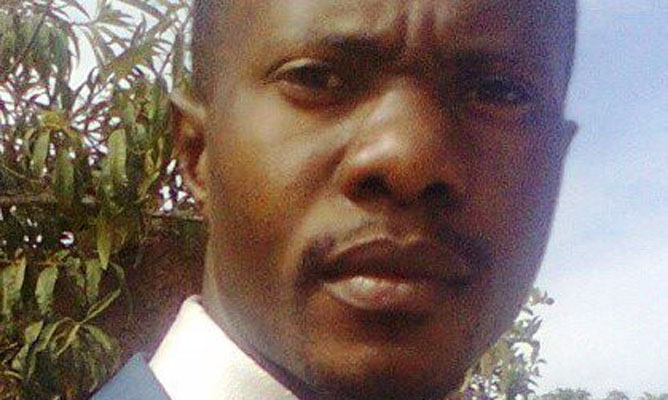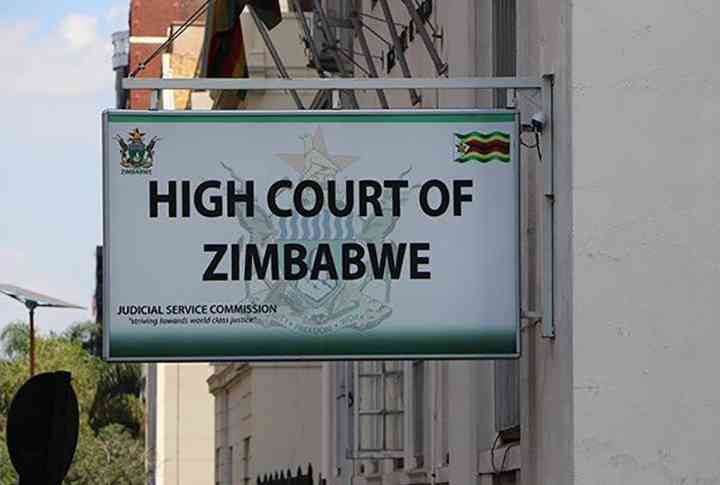
Rulers or leaders? Generally, there is an apparent flawed interchanging of the two concepts: rulership and leadership. It is obvious that what Africa has in abundance is the former and not the latter.
By Learnmore Zuze
It is, therefore, imperative that this distinction is clearly spelt out. It is principally this distinction that would help Africa realise the urgent need for good and people-driven governance.
For decades, Africa has choked under the grip of rulers like former Ugandan dictator Idi Amin and Zaire’s Mobutu Sese Seko, to mention a few.
These were men whose names, even to this very day, evoke a profound sense of fear in their countries. Souls were lost and even clergymen killed as these men sought to consolidate power. They would not stop at anything and were intolerant of anything opposed to their iron-fist rule.
African history’s pages bristle with similar stories of rulers who disregarded opposition and slaughtered people for power.
Hastings Kamuzu Banda of Malawi would openly tell anyone who opposed his rule that they could be fed to the crocodiles.
Most of the States in Africa have their continued stay in power anchored in the military and ruthless intelligence systems. This is one of the hallmarks of rulership.
- Chamisa under fire over US$120K donation
- Mavhunga puts DeMbare into Chibuku quarterfinals
- Pension funds bet on Cabora Bassa oilfields
- Councils defy govt fire tender directive
Keep Reading
A ruler won’t acknowledge divergent views. A ruler cannot appreciate that there are people capable of leading the countries they preside over to better prosperity. They have an unbridled lust for power and for power they will do anything. Even when every sign on the road points to failure in absolute terms, rulers won’t and cannot relinquish power without blood being shed.
Ultimately, we have seen and all know how the fate of rulers ends in Africa. We all saw the end of Libyan leader Muammar Gaddafi.
The end of rulers is never one to admire; these people normally die in foreign lands or meet disgraceful deaths in their countries.
It would appear, deep within their subjects, would be a simmering anger; one that would be seeking an outlet and once the outlet is found, dictatorship finds itself in trouble.
But one clear thing is that rulers never learn from the past; they have read and even seen in reality how ruling through fear and torture ends up in disaster. They somehow think their circumstances are different from those of their predecessors. Slaughtering dissenting voices, jailing opposition leaders and instilling fear in their citizenry in their quest for power.
It is the ruler you will largely find in Africa; he won’t give up power. He won’t heed term limits. He will amend the sacred Constitution to remain in power. He will personalise and millitarise institutions to capture power.
He doesn’t think beyond the future of a nation. He won’t accept that any other person could lead better. He will preside over a decaying system and see, right before his eyes, the crumbling of institutions, the dying economy and yet still hold on to power. This is a common African story; it is the tragedy of Africa: rulers, not leaders.
Now, as mentioned before, it would appear that these two concepts of ruling and leading are viewed with more or less the same lens. There is a vast difference between leading and ruling.
Leadership, which is the greatest want of Africa, has to do with serving the people and improving their lives whereas rulership is solely focused on power.
To a ruler, every other thing plays second fiddle to power, even the very lives of the people he presides over. Leadership focuses primarily on whether there has been any notable positive changes under its watch.
A leader understands the importance of passing on the baton; he knows that there is a time beyond which new blood should takeover. Leadership respects the sanctity of a Constitution. A leader is one who respects the will of the people. More importantly, a leader is one who produces other leaders.
This does not certainly happen under a rulership mentality where one believes he is the ultimate gift to a country and that the entire country should accompany them to their grave.
A leader understands when their time is up; he can read the winds of change. The leader acknowledges that people have a right to hold separate views. It is not a crime to hold a different view from that of the President.
However, one has to get exposure in most African countries to realise how much fear has been struck in the general public by rulers. People speak in hushed tones on political matters.
They view it as delinquency to oppose ruinous policies of their governments. They view it treasonous to ask for better governance and this adds to the already complex conundrum of African countries.
The few who dare ask for better governance are viewed as somewhat “abnormal”. Few will want to join them to change the state of things. Consequently, Africa remains under the yoke of rulers not leaders.
African is in urgent need of leaders who will shift the fortunes of the continent and not rulers whose sole obsession is power. Not rulers, but leaders are the urgent need of Africa.











